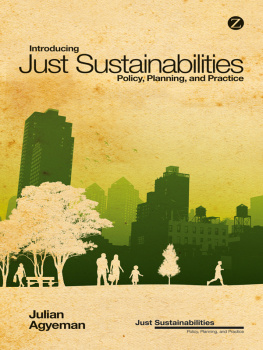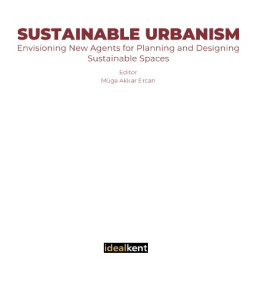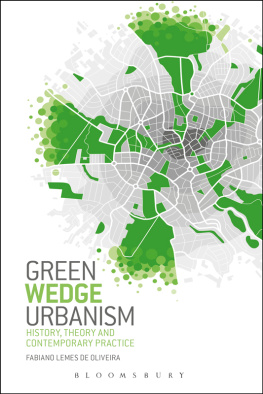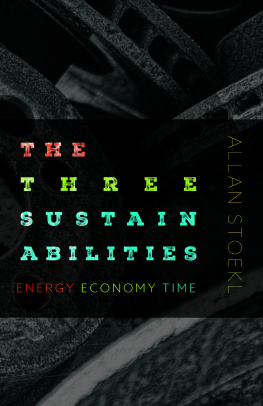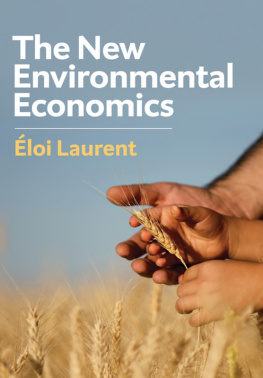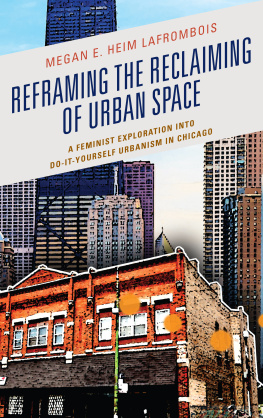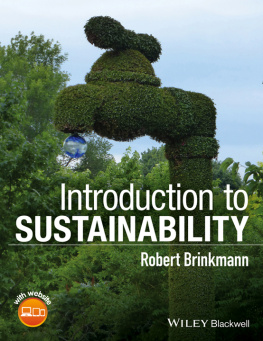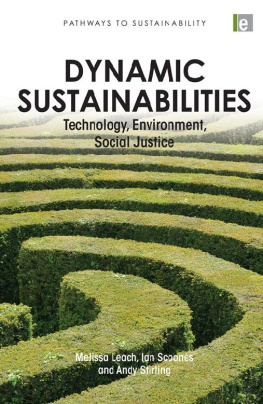
About the author
Julian Agyeman is a professor of urban and environmental policy and planning at Tufts University. He is an environmental social scientist whose expertise and current research interests are in the complex and embedded relationships between humans and the environment, whether mediated by institutions or by social movement organizations, and the effects of this on public policy and planning processes and outcomes, particularly in relation to notions of justice and equity. He is co-founder and editor of the international journal Local Environment: The International Journal of Justice and Sustainability and his books include Just Sustainabilities: Development in an Unequal World (with co-editors Robert D. Bullard and Bob Evans, 2003), Sustainable Communities and the Challenge of Environmental Justice (2005) and Cultivating Food Justice: Race, Class and Sustainability (with Alison Hope Alkon, 2011). He is series editor of Just Sustainabilities: Policy, Planning and Practice (Zed Books).
INTRODUCING JUST SUSTAINABILITIES
POLICY, PLANNING, AND PRACTICE
Julian Agyeman

Introducing Just Sustainabilities: Policy, Planning, and Practice was first published in 2013 by Zed Books Ltd, 7 Cynthia Street, London N1 9JF, UK and Room 400, 175 Fifth Avenue, New York, NY 10010, USA
www.zedbooks.co.uk
This ebook edition was first published in 2013
Copyright Julian Agyeman 2013
The right of Julian Agyeman to be identified as the author of this work has been asserted by him in accordance with the Copyright, Designs and Patents Act, 1988
Set in Monotype Plantin and FFKievit by Ewan Smith, London NW5
Index:
Cover design: www.roguefour.co.uk
All rights reserved. No part of this publication may be reproduced, stored in a retrieval system or transmitted in any form or by any means, electronic, mechanical, photocopying or otherwise, without the prior permission of Zed Books Ltd.
A catalogue record for this book is available from the British Library
Library of Congress Cataloging in Publication Data available
ISBN 978 1 78032 410 4
CONTENTS
FIGURES AND TABLES |
Figures |
Tables |
ACKNOWLEDGMENTS
Over the past two years, a number of people have had a role in helping me conceptualize this book, research it and write sections of it. Im hugely grateful to all of you. Specifically, Id like to mention Duncan McLaren for his invaluable input into researching and writing many parts of , Culture. My sincere thanks also to Bob Evans whose intellect and friendship over the past twenty-five years have supported my work.
This book is dedicated to my mother, Margaret, who nurtured my interests, encouraged my curiosity and pushed me to ask the right questions rather than only seeking answers.
INTRODUCTION
It is now ten years since the publication of Just Sustainabilities: Development in an Unequal World, edited by myself, Bob Bullard, and Bob Evans. In that book we broke new ground by embarking on a sustainability and sustainable development-based discourse, but one that focused explicitly on equity and justice on the links between environmental quality and human equality. In this book, Introducing Just Sustainabilities: Policy, Planning, and Practice, the first in a series from Zed Books, I want to move the conversation on by doing two things. First, in as the theoretical base of the book, I want to explore and develop three of the more significant themes within just sustainabilities: food, space and place, and culture.
Food, space and place, and culture may seem like odd, selective, even eclectic choices for a book about sustainability, but I chose them for three reasons. First, they are of growing interest but are under-researched and under-theorized in terms of their contribution to achieving just sustainabilities. Second, as I show in subsequent chapters, their consideration necessitates what Europeans call joined-up thinking, thinking across policy domains, as there are significant linkages and overlaps between them in relation to policy and planning for equity, justice, and inclusion. Third, each has a growing literature that may not be known by, but has implications for, policy-makers, planners, practitioners, and activists alike.
In terms of food, appropriate foods. The other area is a case study of an organizational form, North American food policy councils (FPCs), which theoretically are representative and collaborative committees that help coordinate food-related activities that foster the local (or state or provincial) economy, protect the environment, and strengthen the community via the food system. The case study looks at FPCs attempts to include diverse community voices and the tools they use to do this.
Next, in , I look at space and place, and argue that as spaces of recreation and resistance, spaces of relaxation and reflection, or as spaces of security and surveillance, public spaces offer unlimited possibilities in relation to achieving just sustainabilities. I look at the growing discourse in planning and policy-making around place-making, using examples from Dudley Street, Boston MA, and Bogot, Colombia, to show how equity and justice can be a focus. I also look at place-making as, among other things, the contestation of historical narratives, where some narratives are privileged above others. In the second part of the chapter, I look at the democratization of streets; that is, the growing success in reclaiming space for people in streets that had previously been allocated almost exclusively to private cars. The US narratives of complete streets and livable streets frame the message that streets are ultimately public spaces, and that they should be spatially just everyone in the community should have equal rights to space within them. I will also look at contestations of the complete streets narrative: some low-income neighborhoods and neighborhoods of color argue that changes such as bicycle lane additions and street accessibility improvements will foster gentrification, thus further diminishing their rights and roles in the community.
In terms of culture, will look again at public space and place but this time through the concepts of difference and interculturalism. As difference increases in cities worldwide, how do we think about, plan, design, maintain, and ultimately mainstream culturally inclusive spaces and places, and, equally importantly, how do we develop culturally inclusive practices? In addition, however, I ask how we can do this in a way that inculcates and then mainstreams culturally inclusive practice. This has implications for the difference, diversity, and cultural make-up of urban design, planning, and policy-based professions, and for the cultural competency of those professionals and elected officials.
, I will attempt to close by teasing out some significant themes emanating from the earlier chapters and by looking at the implications of reformist change or system transformation on the likelihood of achieving just sustainabilities.
1 | INTRODUCING JUST SUSTAINABILITIES
Why just sustainabilities?
The ideas of sustainability and sustainable development began to achieve prominence in the 1980s among local, national, and international policy-makers and politicians, together with policy entrepreneurs in non-governmental organizations (NGOs). A significant contributing factor was the 1987 World Commission on Environment and Developments report
Next page
